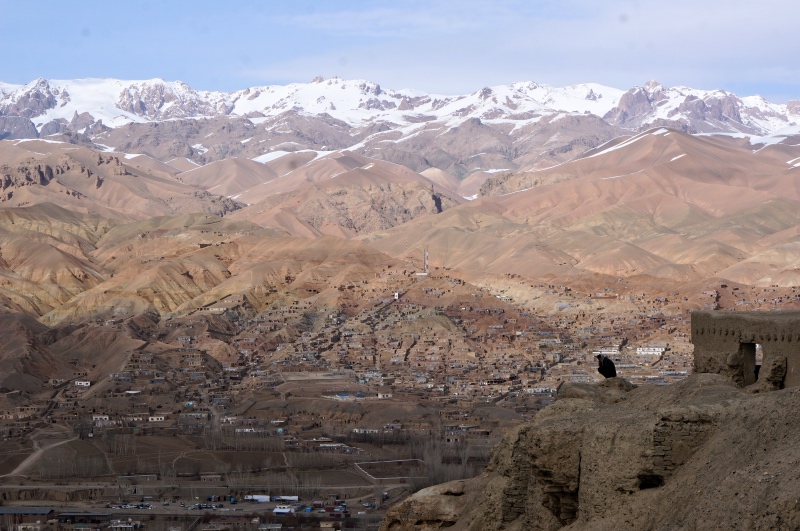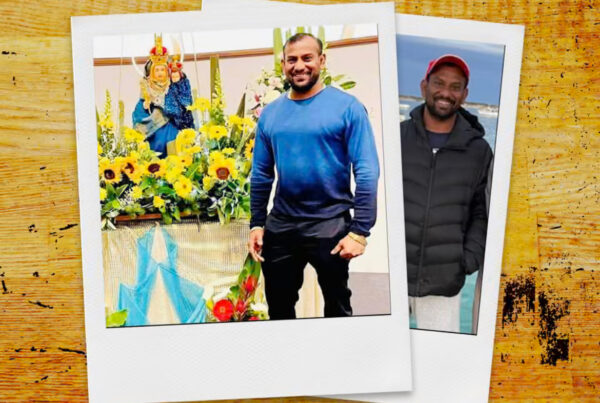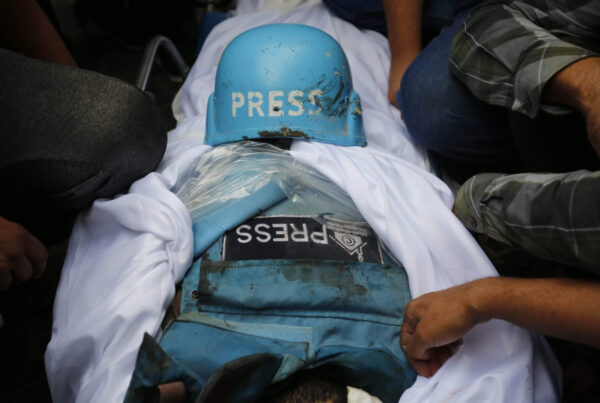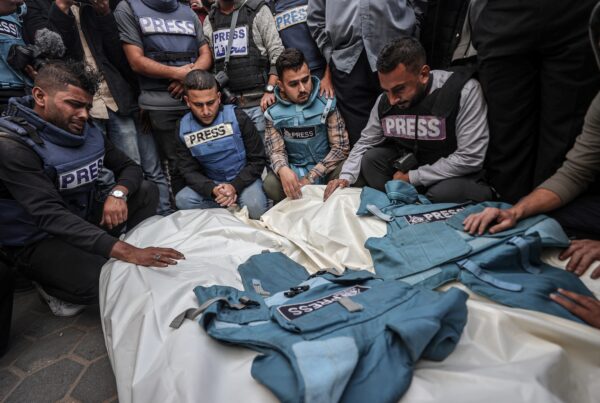The future of Afghanistan may rest upon unreliable peace negotiations between the government and the Taliban and other armed opposition groups. In November 2015, a nationwide survey of public opinion by TAF found that nearly two-thirds of Afghans believe that reconciliation between the government and the Taliban would stabilise the country. Without a peace process, the most likely outcome is ongoing war because neither side is showing that it is strong enough to defeat the other. The possible collapse of the government would lead to further conflict and potentially another period of divided warlord rule.
The hope of the Afghan government is to split the Taliban by persuading the reconciliatory side of the group to engage in the country’s political process, form a political party and run in the elections. But there is no concrete proof that the Taliban have splintered and if the Taliban were to agree to come to the table, there is uncertainty about what they would look like in modern day Afghanistan. How moderate or conservative will their policies be? Will girls be able to go to school? Many analysts predict a conservative rollback would be inevitable, especially in rural areas of the country. And what if the Taliban are elected to power?
However, the prospect for achieving peace and stability in Afghanistan through a negotiated peace settlement between the Afghan government and the Taliban is looking unlikely in the near future. Such efforts were largely unsuccessful during Hamid Karzai’s presidency (2002 – 2014), as a result of Pakistani interference and friction between Karzai and Washington over the process. President Ashraf Ghani has made peace talks “the centre of his agenda” since he came to power in the late 2014. In early 2015, President Ghani visited both China and Pakistan and raised the issue of peace talks, with both nations expressing their willingness to assist in getting the process started. In May 2015, the Afghan government and the Taliban met in Qatar, where both expressed enthusiasm about starting official negotiations.
In October 2016, the Taliban held peace talks with the Afghan government for the first time since the group’s leader was killed in a U.S. airstrike earlier in 2016. Mullah Abdul Manan Akhund, a member of the Taliban leadership, was understood to have been among those present at the meeting, which was held in Doha, Qatar. These talks would have marked the first known negotiations with the Taliban since peace talks were abandoned on May 2016 following the death of Mullah Akhtar Mansoor in a U.S.-led air strike. Taliban sources said Mullah Abdul Manan – brother of the late Taliban founder Mullah Omar – met with U.S. and Afghan officials but there was no breakthrough toward restarting formal talks.
In the meantime, on 22 September 2016, Afghanistan signed a peace agreement with the Hezb- i-Islami party of Afghanistan, paving the way for the armed group’s leader, Gulbuddin Hekmatyar, to make a political comeback despite allegations of war crimes during the 1990s. The deal with Hezb-i-Islami marks a symbolic victory for President Ghani who has struggled to revive peace talks with the more powerful Taliban fighters while, at the same time, attempting to reintegrate other controversial military figures into society by granting immunity for past crimes. The agreement grants Hekmatyar amnesty for his offences and the release of certain Hezb-i-Islami prisoners. Once branded the “butcher of Kabul,” Hekmatyar was a prominent anti-Soviet commander in the 1980s who stands accused of killing thousands of people when his fighters fired on civilian areas of the capital city during the 1992-1996 civil war.
Musa Mahmodi from AIHRC believes that incorporating the Taliban, as they are, into the democratic process could negatively impact Afghanistan’s path towards long-term stability and a just and democratic society. “The good outcome is that the Taliban accept the new Afghan realities: human rights, women rights, the minority rights and not persisting and insisting on the rules that they used to have. We are not very optimistic about this.”
Aside from the competing desires of the Taliban and the Afghan government, there are many obstacles to peace. James McKenzie, a reporter from Reuters, believes that the social institutions that would normally encourage a peace process are not there anymore. More than 30 years of conflict and corruption has damaged the country almost beyond repair and engaging in peace negotiations “is like trying to build a house on shifting sands.” In an effort to encourage peace talks, the Chinese, American, Pakistani and Afghan governments have recently formed a quadrilateral coordination committee. However, as of yet, this has not brought the Taliban to the table. For now, it seems the future of Afghanistan is in the balance and no-one is certain what will happen next.



